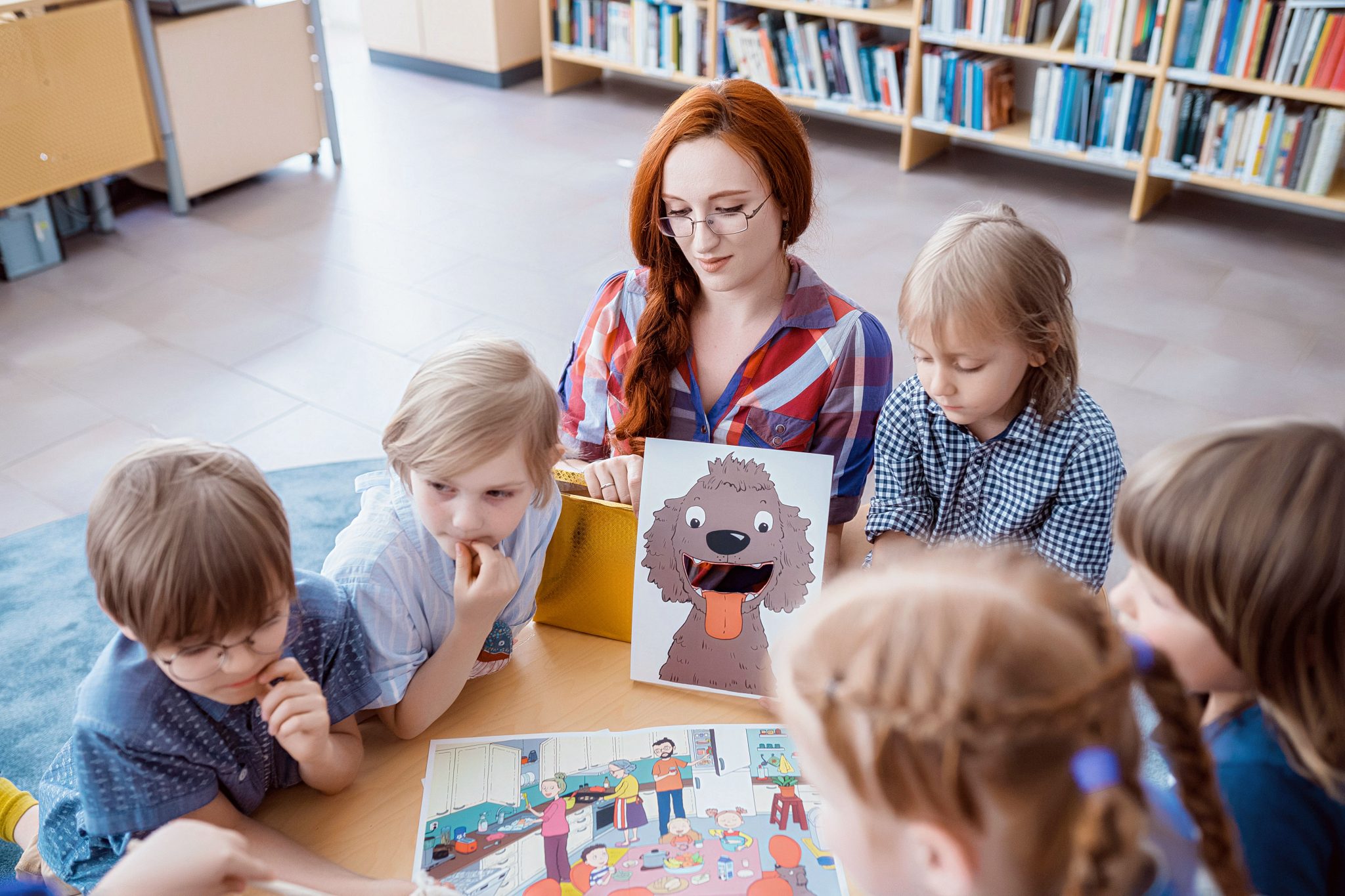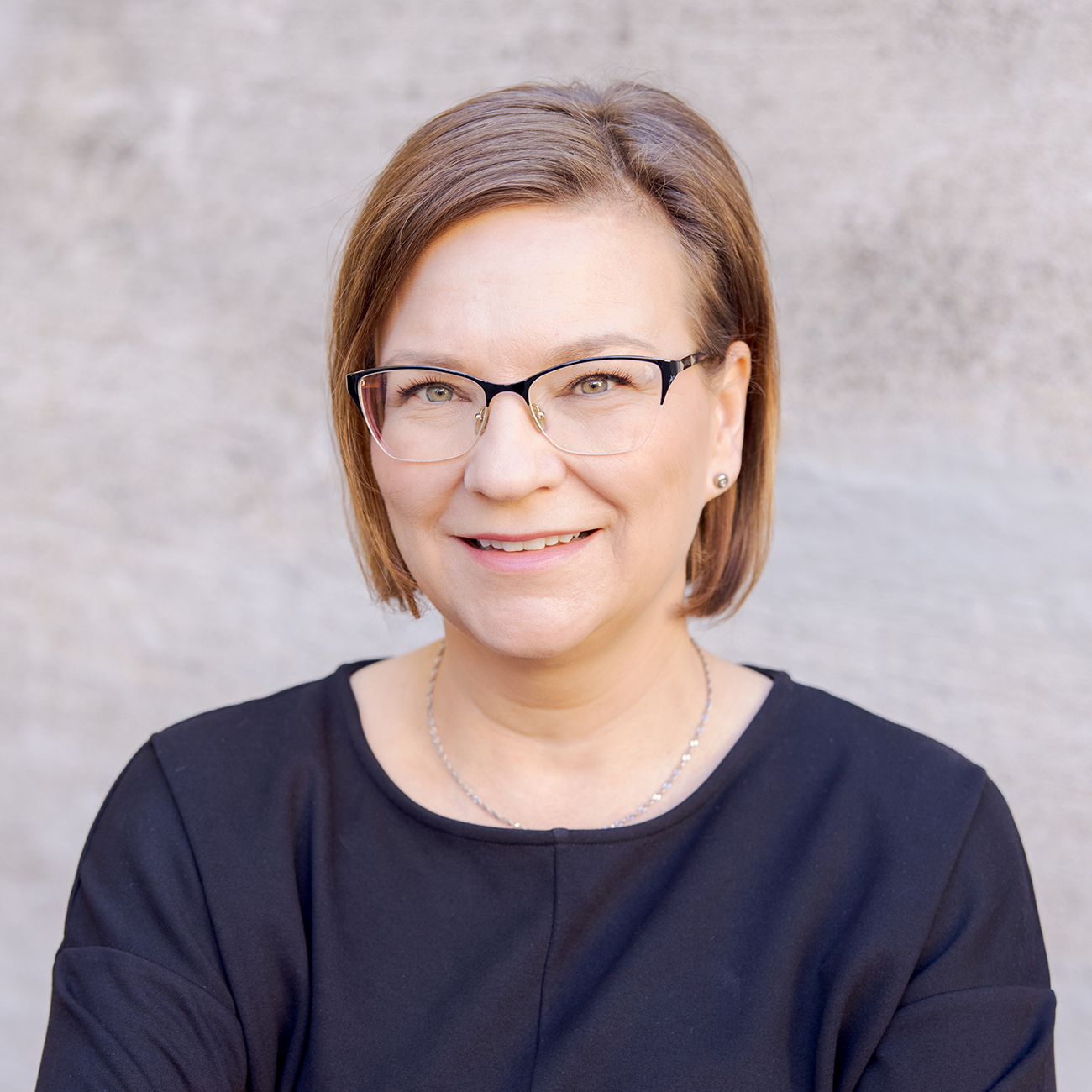New innovative teaching materials created for supporting children’s language development
COVID-19 prompted Kipinä Center to innovate new ways to carry out customer work, and funding granted by Business Finland facilitated the beginning of a product development journey towards the creation of the new Kippin Early Language Learning materials. The new learning materials were co-developed by utilising the Easy Access Co-Development operating model of the City of Helsinki’s Economic Development Division and Education Division.

Kipinä Center provides both speech therapy services and methods that make it easy for professionals to support the development of children’s language skills. When the first wave of the coronavirus hit Finland and put Kipinä Center’s therapy work on hold for a moment, it gave rise to a need to think about alternative business opportunities. There was now time and space for developing new teaching materials. This resulted in the creation of the Kippin learning materials, which approach the language learning of young children with a brand-new concept. The concept enables children themselves to have an influence on what they learn and how. The materials are completely based on play-like activities and do not require any reading and writing skills from the children.
Teaching materials created through co-development with teachers
The design process for the early start English-language teaching materials began in close co-operation with a few teachers. These teachers actively participated in brainstorming and improving the materials. The Easy Access Co-Development (EAC) model provided a trial platform for the product, making it also possible to pilot the product at several schools and daycare centres in Helsinki. The teachers involved in the pilots provided feedback and development ideas, which where utilised in finishing the product. “Kipinä Center benefitted greatly from the teachers’ experience and professional skills in designing the new learning materials,” says Kipinä Center’s CEO Iina Heikurainen.
Co-operating with class teachers, subject teachers and speech therapists proved fruitful in the work to develop the materials. “We were able to create completely unique materials that combine different professionals’ know-how in terms of supporting children’s language development. In particular, the contributions of teachers were needed in designing activities for the entire class and working on an online course for teachers,” Heikurainen says.
Even though the pandemic sparked the idea of creating the materials, it also brought challenges to the development of the product: “Teachers found the piloting to be challenging in terms of their mental resources and due to the restrictions brought about by the coronavirus. Because activities such as singing and using shared equipment were prohibited, the teachers were unable to test the materials to their full extent,” Heikurainen says and continues: “Despite the aforementioned challenges, the teachers provided us with good feedback and further development ideas for adjusting the product to better serve their profession.”
The trial platform provided by the EAC model creates a setting for co-development and brings together professionals from different fields. “We believe that utilising the know-how of these professional groups – teachers and speech therapists – will continue to be highly beneficial in the work to develop learning materials,” Heikurainen concludes. Kipinä Center’s newest product, Kippin Early Language Learning, has now been completed and is finally being brought to the market.
